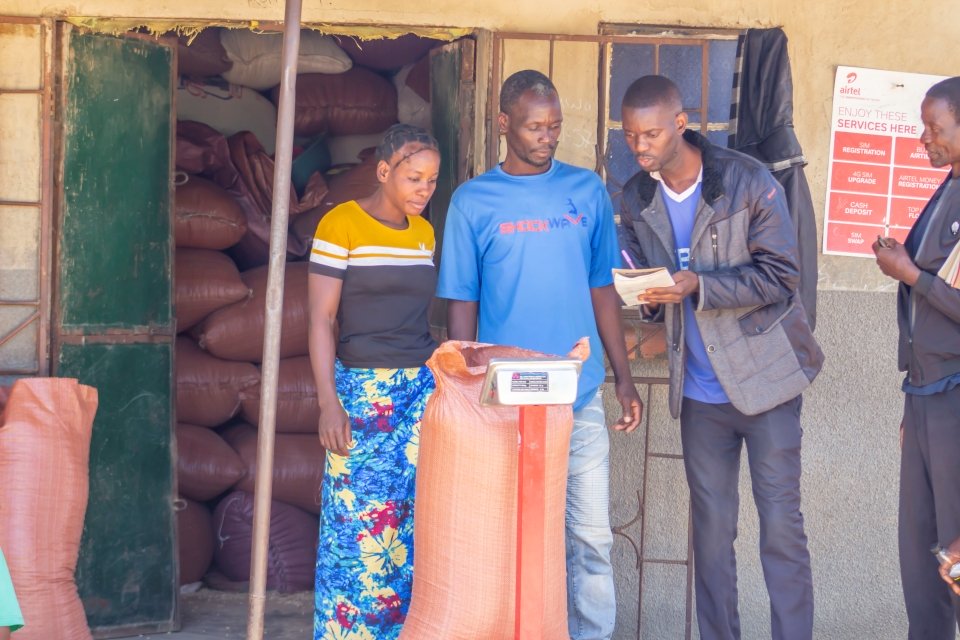The Enhancing Livelihoods and Smallholder Agriculture Market (ELSAM) programme works closely with local communities to support smallholder farmers in solving everyday challenges, such as access to markets, farming inputs, financial support and the knowledge gap on improved farming methods.
Through this programme, DAPP Zambia is reaching over 14,400 rural farmers organised in 300 Farmers’ Clubs and Savings Groups in six districts of Southern province. We are encouraging the farmers to grow a variety of nutritious crops that support their families’ health and build resilience.
These community structures are important in connecting farmers to key services, market opportunities and new knowledge. Farmers are learning climate-smart farming, water harvesting, adoption of energy-saving techniques, environmental stewardship including natural resource management and food preservation. The skills help ensure long-term farming success and food security amidst climate related challenges and to support climate change mitigation and adaption.
Working closely with the community, the programme is;
-
Improving good market connections for rural farmers to profit from their agricultural activities
-
Promoting good nutrition practices and building partnerships to improve access to nutrient-rich foods.
-
Encouraging the adoption of climate services, regenerative agriculture, and innovative technologies to enhance resilience.
-
Providing skills, tools, and knowledge that help farmers and value chain actors engage in diverse, sustainable livelihoods.
_______________________________________________________________________________________
Project Full Name: Enhancing Livelihoods and Smallholder Agriculture Markets (ELSAM)
Principal Partner (s): World Food Programme
Other Partner(s): Ministry of Agriculture, Ministry of Green Economy (Forestry Department), Ministry of Health and Ministry of Community Development and Social Services.
Location: Itezhi Tezhi, Chirundu, Namwala, Monze, Kalomo and Mazabuka districts in Southern Province of Zambia
